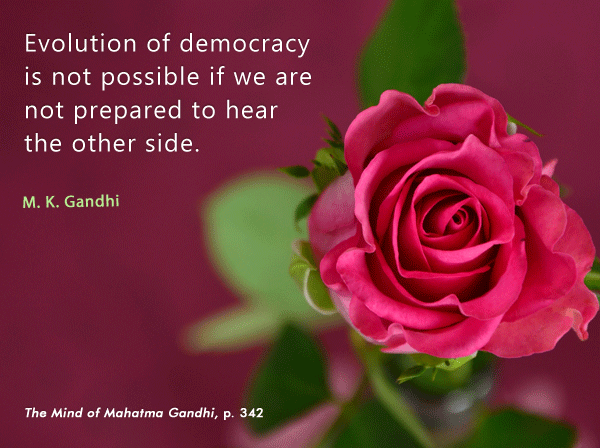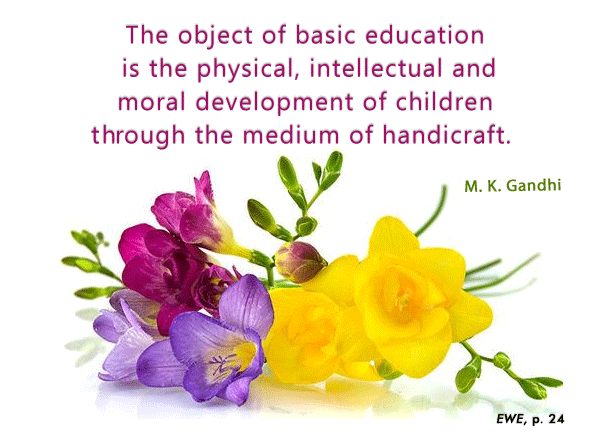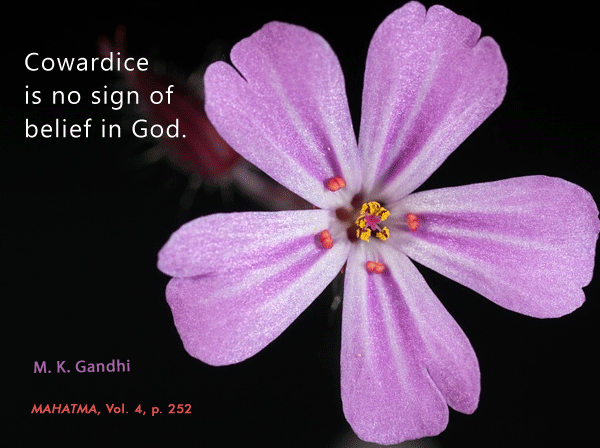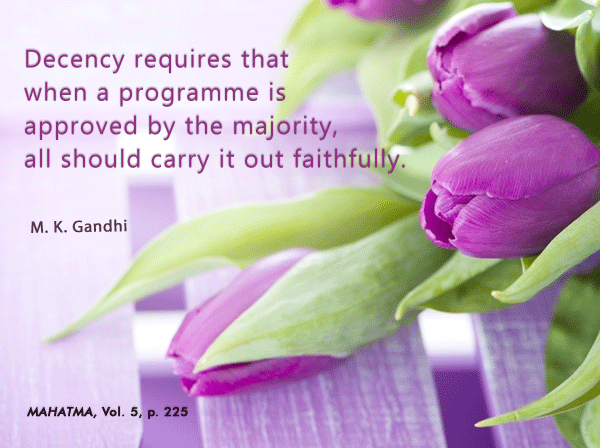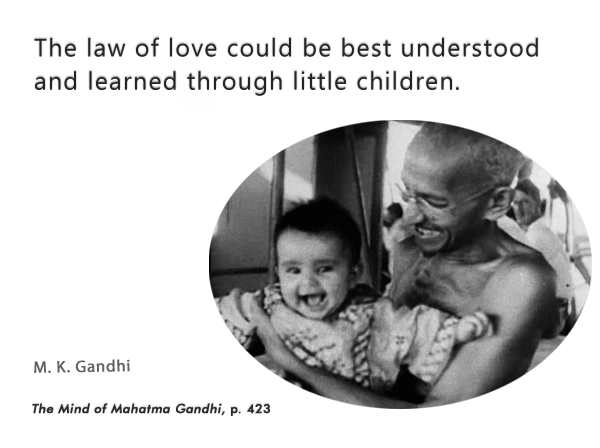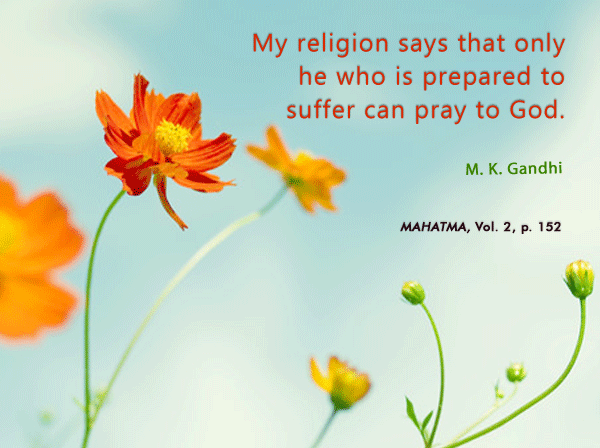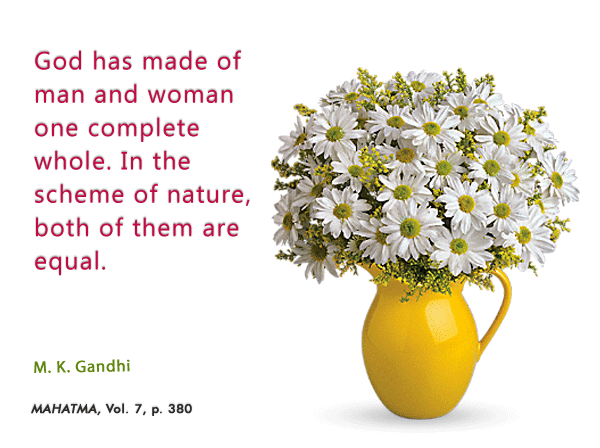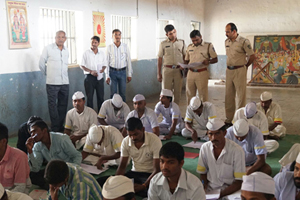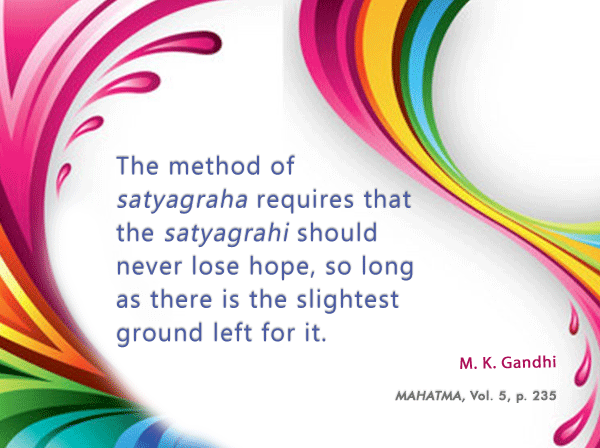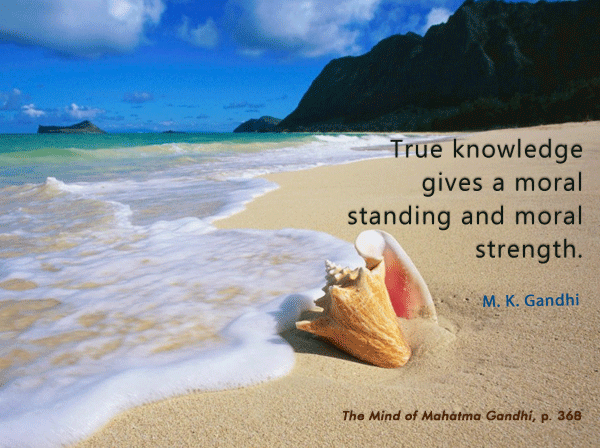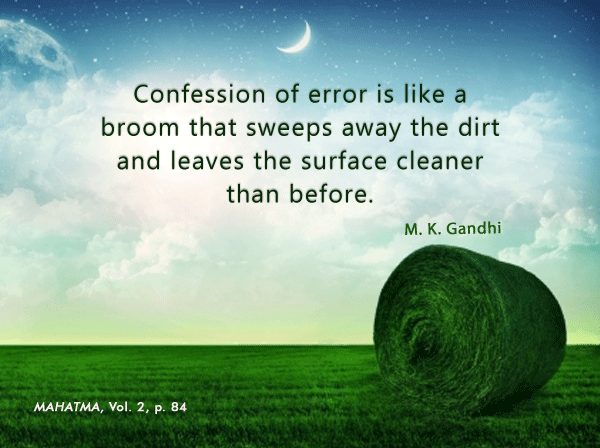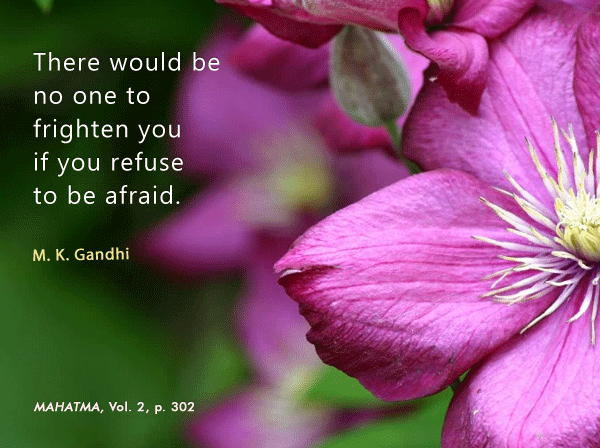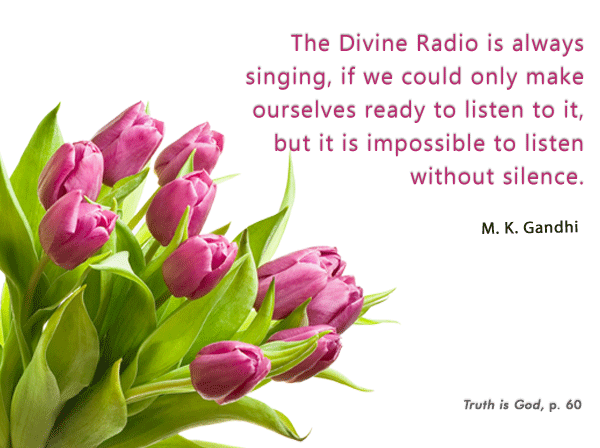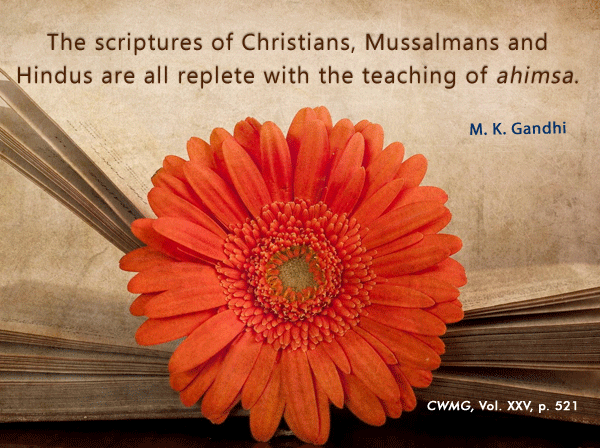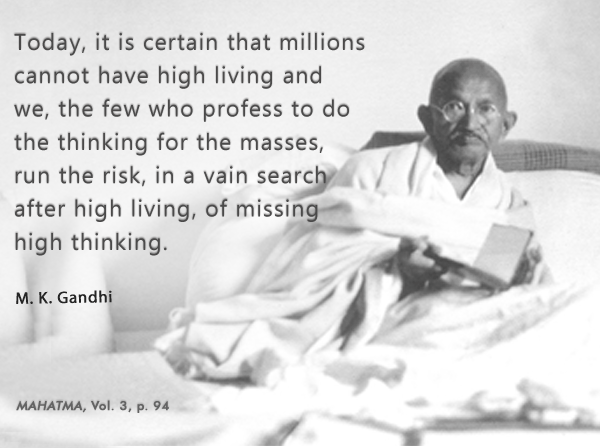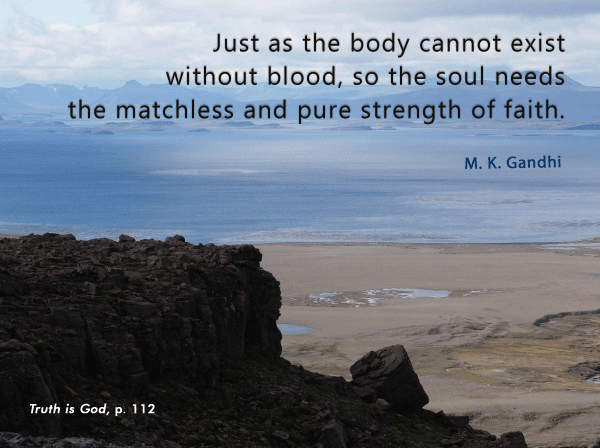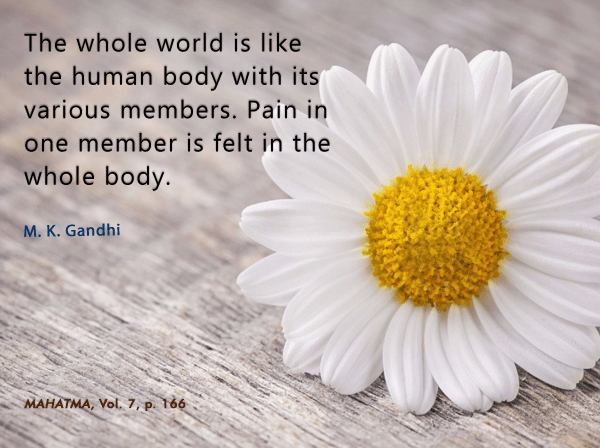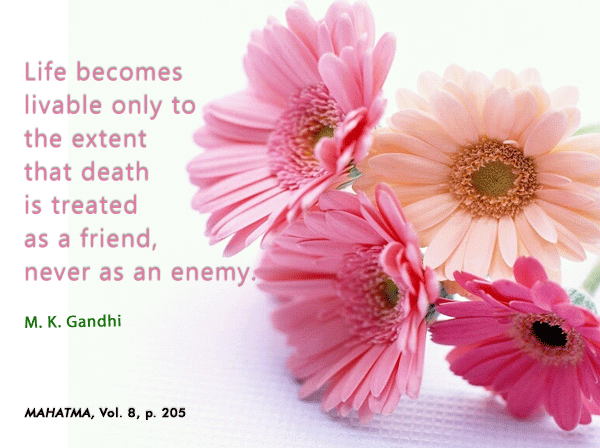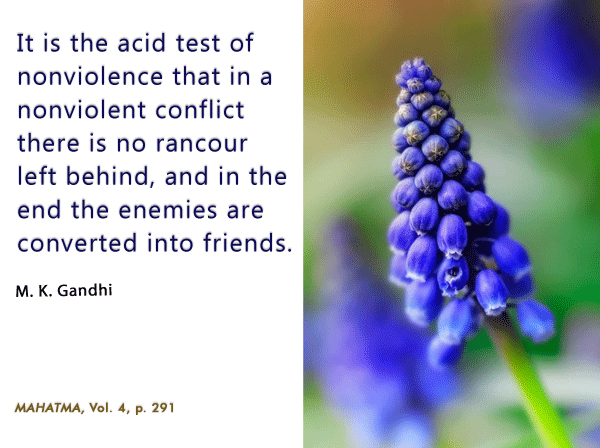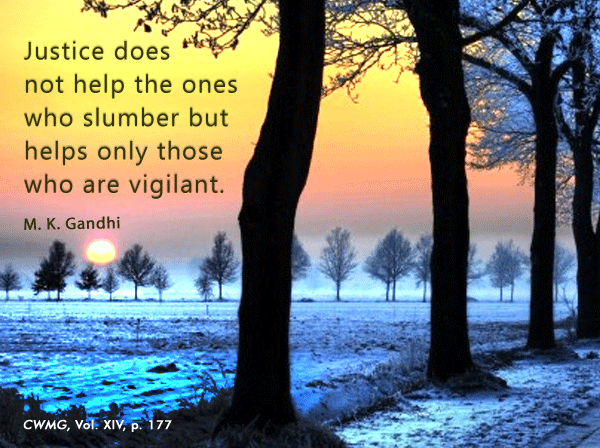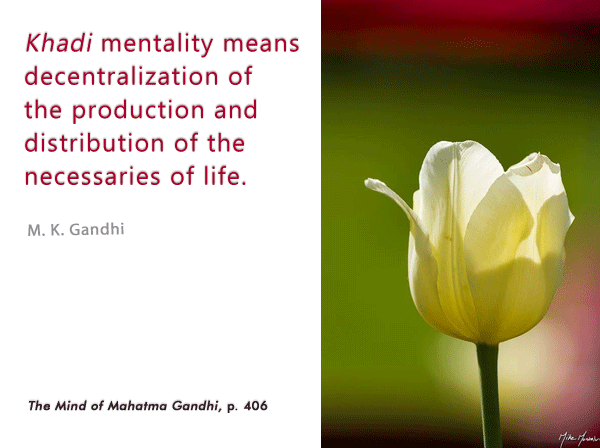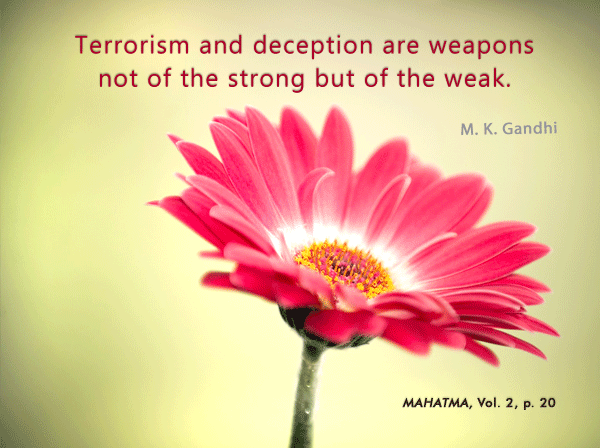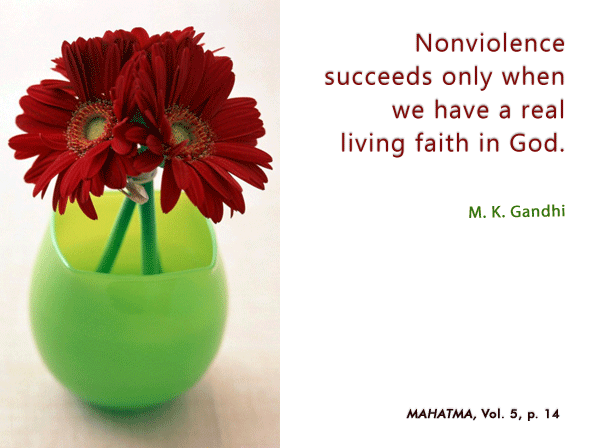Gandhi Journal Article-III ( May 2016 )
Gandhian Trusteeship as an 'Instrument of Human Dignity'
Gandhi's economic ideas were part of his general crusade against poverty, exploitation against socio-economic injustice, and deteriorating moral standards. Gandhi was an economist of the masses. His approach was rooted in human dignity. His economic philosophy is a result of innumerable experiments which he conducted in the course of his life. His pragmatic approach gave a new direction to the existing socio-economic problems in the process of protecting human dignity.
The fluid international conditions fraught with ideological tensions in the economic domain demanded a fresh approach to economic philosophy, with emphasis on the ideals of human rights like democracy, economic freedom, and social justice. Gandhism as a socioeconomic philosophy suits not only to accomplish the higher ideals of democratic freedom and socialism but it was also thoroughly developed to meet the challenge of national and international forces of communism and capitalism.
The fluid international conditions fraught with ideological tensions in the economic domain demanded a fresh approach to economic philosophy, with emphasis on the ideals of human rights like democracy, economic freedom, and social justice. Gandhism as a socioeconomic philosophy suits not only to accomplish the higher ideals of democratic freedom and socialism but it was also thoroughly developed to meet the challenge of national and international forces of communism and capitalism.
